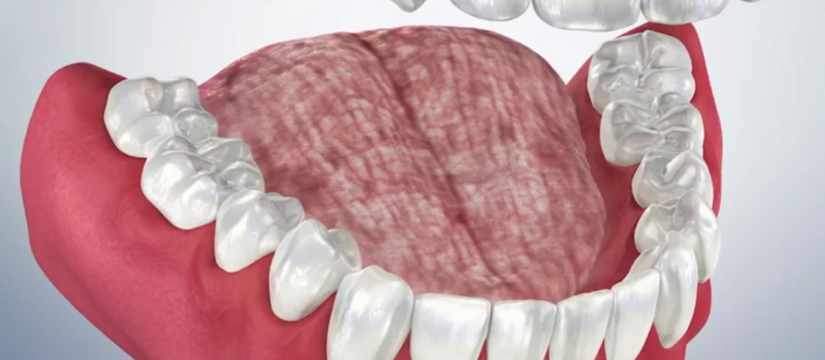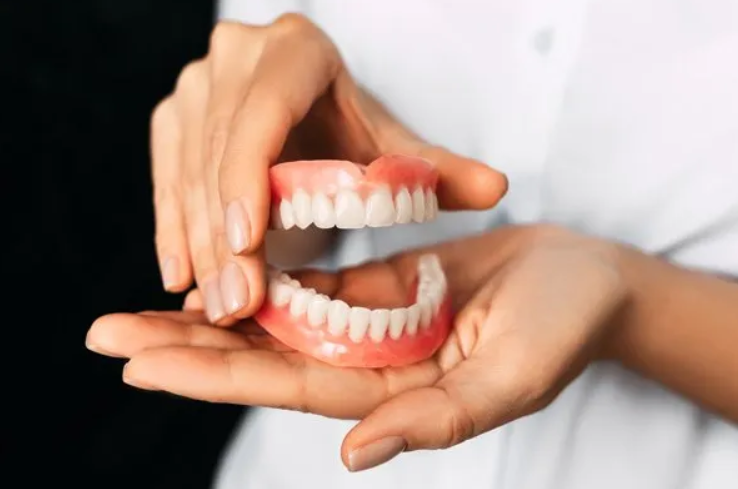
Dry mouth, medically known as xerostomia, can be a common issue for denture wearers, impacting comfort and oral health. Relieve dry mouth discomfort and enhance denture comfort at our esteemed dental rockville md, where personalized care meets innovative solutions for your oral health needs.
At Rockville Dental Arts, we understand the challenges of dry mouth and offer solutions to help you find relief and maintain comfort with your dentures. Let’s explore the causes of dry mouth, its effects on denture wearers, and practical tips to alleviate symptoms.
Understanding Dry Mouth and Its Effects
Dry mouth occurs when there’s a decrease in saliva production or when saliva lacks the necessary components to keep the mouth moist. Several factors can contribute to dry mouth, including:
Medications: Certain medications, such as antihistamines, antidepressants, and diuretics, can reduce saliva production as a side effect.
Medical Conditions: Health conditions like diabetes, Sjögren’s syndrome, and autoimmune disorders can affect salivary gland function, leading to dry mouth.
Dehydration: Inadequate fluid intake or conditions that cause excessive sweating can lead to dehydration and dry mouth.
Smoking and Alcohol: Smoking and alcohol consumption can contribute to dry mouth by reducing saliva production and irritating oral tissues.
Dry mouth can have several adverse effects on denture wearers, including:
Discomfort: A dry mouth can cause discomfort and irritation, making it difficult to wear dentures comfortably.
Increased Risk of Infection: Saliva helps rinse away food particles and bacteria, so reduced saliva flow can increase the risk of oral infections, such as fungal infections (e.g., oral thrush).
Difficulty Speaking and Eating: Insufficient saliva can affect speech clarity and make chewing and swallowing more challenging, particularly with dentures.
Denture Fit Issues: A dry mouth can affect the fit of dentures, causing them to feel loose or uncomfortable.
Tips for Managing Dry Mouth with Dentures
Managing dry mouth with dentures requires a multifaceted approach to alleviate symptoms and maintain comfort. Here are some practical tips to help you find relief:
Stay Hydrated: Drink plenty of water throughout the day to keep your mouth moist and hydrated. Avoid beverages that can exacerbate dry mouth, such as caffeinated or sugary drinks.
Use Saliva Substitutes: Over-the-counter saliva substitutes or artificial saliva products can help lubricate the mouth and provide relief from dryness.
Practice Good Oral Hygiene: Maintain proper oral hygiene by brushing your teeth and cleaning your dentures regularly. Use a soft-bristled toothbrush and non-abrasive denture cleaner to prevent irritation.
Avoid Dry Mouth Triggers: Limit alcohol and caffeine consumption, avoid smoking, and be mindful of medications that can contribute to dry mouth. If possible, talk to your healthcare provider about alternative medications.
Use Moisturizing Mouthwash: Rinse your mouth with a moisturizing mouthwash or oral rinse specifically formulated for dry mouth to help hydrate oral tissues and freshen your breath.
Visit Your Dentist Regularly: Schedule regular dental check-ups to monitor the health of your mouth and dentures. Your dentist can identify any issues early and provide guidance on managing dry mouth.
Conclusion
Dry mouth can pose challenges for denture wearers, but with the right strategies, relief is possible. At Rockville Dental Arts, we’re committed to helping our patients find solutions to manage dry mouth and maintain comfort with their dentures. If you’re experiencing dry mouth symptoms or discomfort with your dentures, don’t hesitate to reach out to us.
Our experienced dental team can assess your situation, provide personalized recommendations, and offer treatments to alleviate dry mouth symptoms and enhance your overall oral health. Schedule a consultation with Rockville Dental Arts today and take the first step towards achieving comfort, relief, and a happier smile. With our expertise and compassionate care, you can enjoy the benefits of comfortable dentures and improved oral well-being.

